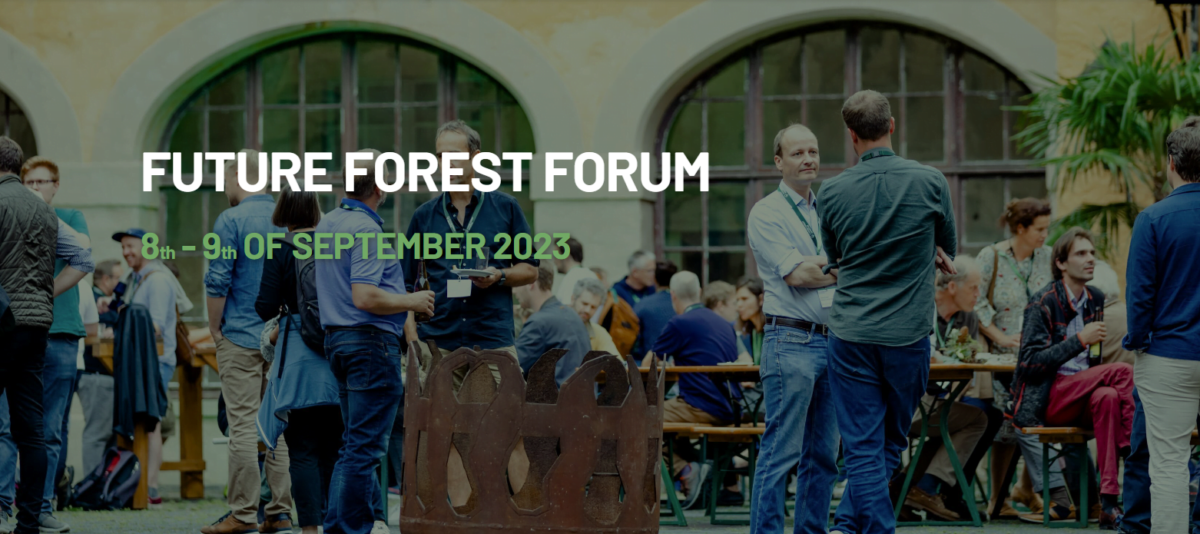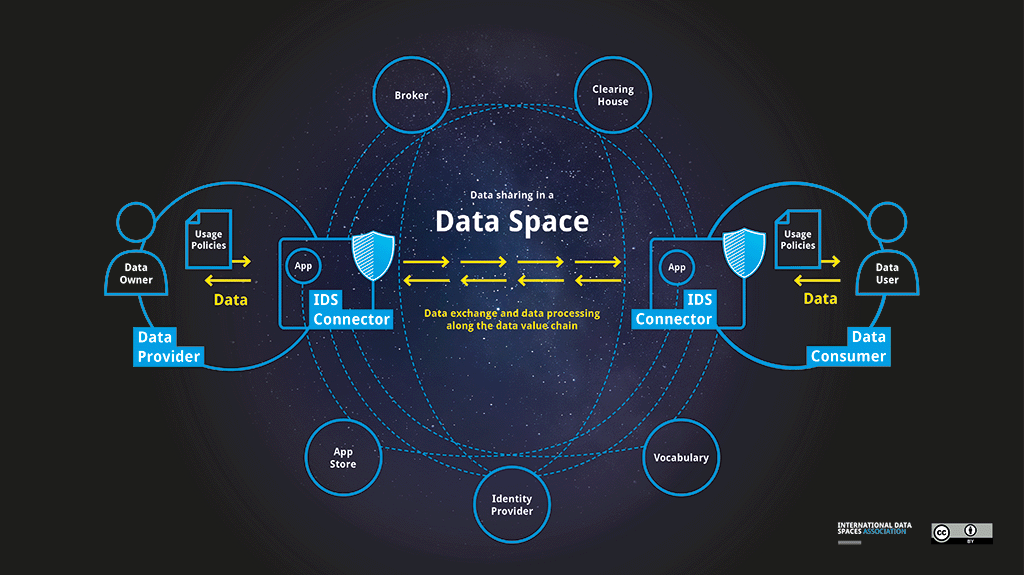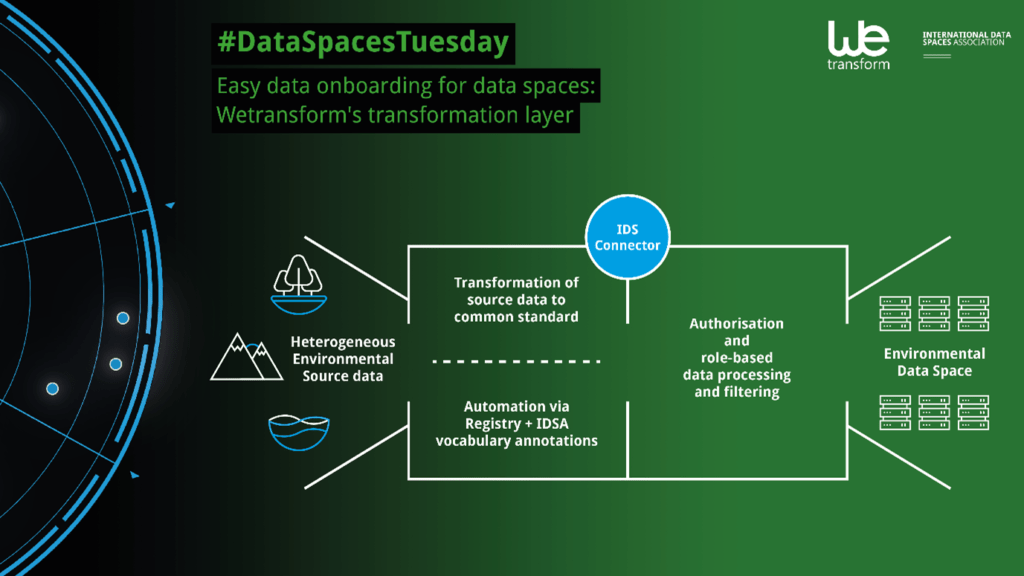
Join the Future Forest Forum on September 8th and 9th 2023!
Innovation happens when you connect the dots by networking and exchanging ideas and concepts. This is no different in the field of forestry.
A prerequisite for innovation is the accessibility of data. We believe that data-driven innovation, compared to empirical approaches, is the key to addressing many of today's challenges. Openly sharing data has many advantages, for instance in science and education. It enables people of different backgrounds and varying expertise to access the same source material. The more specialists can use the same data to create, build upon, and verify experiments, the faster vital breakthroughs can occur.
Today, forestry data is mostly proprietary and therefore hard to find, difficult to access, and poorly interoperable. Forest owners and practitioners rely little on data, and have had no access to the data of others at all. Without reliable data it is impossible to conduct data-driven research and make optimal decisions in a fast-changing environment.
This approach severely limits the discovery and adoption of best practices, prompting innovators to search for a more evidence-based and sustainable solution.
Data Spaces – The European Solution
The European Union (EU) has chosen data spaces as the solution to the bloc’s ever-growing geospatial data needs. For example, the creation of the Environmental Data Space (EDS) takes up a prominent position within the EU’s Green Deal Initiative.
Originally stemming from the automotive industry as a means to improve supply chain transparency, data spaces are a type of collaboration model that utilise a decentralised infrastructure. This means that data is not stored centrally, but at the source. There is no central repository into which data providers supply their data and from which consumers can access and retrieve data. Instead, data is exchanged directly between appropriate parties. To ensure only trusted data sharing and exchange in data ecosystems can take place, the data space bases access to data on commonly agreed principles.

Using data standards and collaborative governance models, data spaces facilitate the secure exchange, linkage, and interoperability of data within a confined ecosystem. This way, the digital sovereignty of data owners is preserved, whilst still providing those with proven legitimate interests a level of accessibility to data that would otherwise not be available at all.
To make a simple comparison, a data space functions like a members-only marketplace. A governing body assigns an appropriate level of access to every member and the stall holders decide for themselves who gets to touch their wares.
Future Forest and the Forestry Data Space
The Forestry Data Space (FDS), a sub-execution of the EDS, is a great example on the importance and inner workings of the data space approach. The goal of the FDS is to improve the availability of high-quality data for private or public decision-making processes and to foster open innovation that has a positive impact on the environment.
Events such as the Future Forest Forum, organized by the Future Forest Initiative are a great opportunity to spread awareness of data spaces, as well as open up more defined concepts such as the FDS for discussions and critical assessments from those working on the ground level of environmental innovation.
The forum draws in an inspiring mix of participants, including high profile keynote speakers such as the former German Federal Minister for Environment, Nature Conservation, and Nuclear Safety Prof. Dr. Klaus Töpfer, as well as forest owners, start-ups, researchers, entrepreneurs, and potential financiers.
Thorsten Reitz, the CEO of wetransform GmbH, which is dedicated to green innovation technologies and creating the Forestry Data Space, will also be attending the forum. Thorsten is looking forward to connecting with potential partners, as well as stakeholders and domain experts, and spreading the word on Environmental Data Spaces.

The Future Forest Forum will place on Friday the 8th and Saturday the 9th of September 2023, at Blankenburg Castle in the Harz national park, Germany. From the 6th until the 8th, it will be accompanied by the Farm-Food-Climate Festival.
